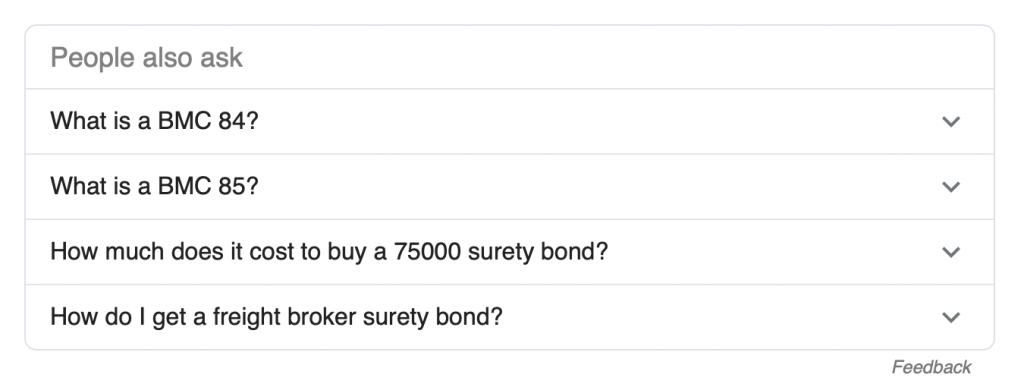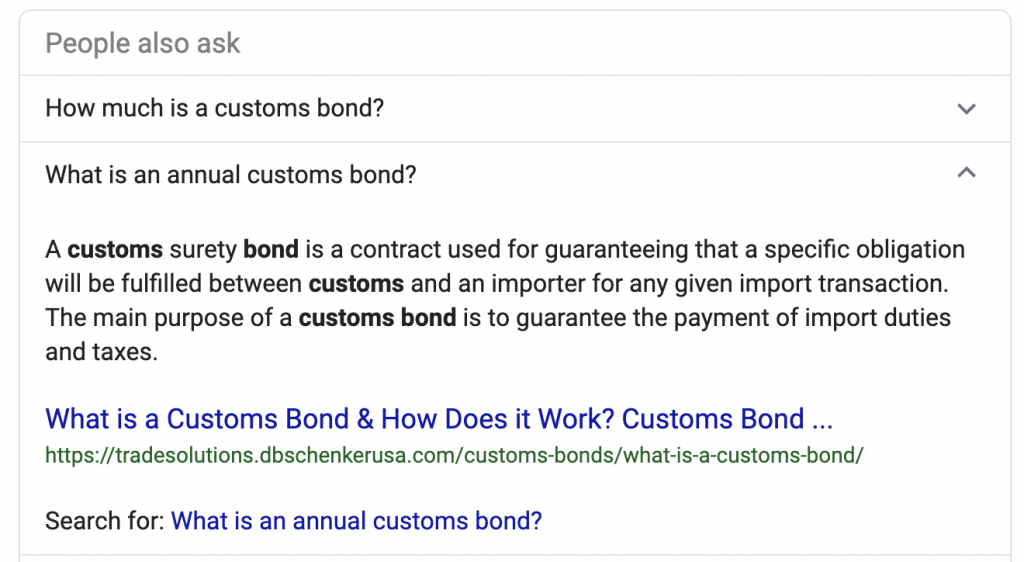
Frequently Asked Questions are all over the web. They have become a standard site item in dropdown menus for almost every site you visit. Many times they are the last content added to the site. Some companies assume that they are never even used by customers. Other companies feel strongly that quality information should not just be given away. So, should you use FAQs on your website? YES, and for four very good reasons…
Provide Better Customer Service
The most important reason is obvious: FAQs provide better customer service. If you have hunted around a website for over 5 minutes to get a simple question answered (Does this site have a return policy? Do they allow kids or pets?) you most likely have moved on to a competitor with more clearly presented answers. Now a days, most people don’t want to make a phone call unless absolutely necessary. Don’t force them to call you; write the answers down on your website in clear format with FAQs. Also, make sure you link to them in the most obvious places. Placing it in the top menu bar may not be the most useful, if it is not where the customer’s eyes scan when they have the question.
Save Employee Time
This leads us directly to our next reason; FAQs save your employee’s time. Every time a customer finds the answer on your website, it keeps them from calling or emailing your company for the answer. Many companies seem hesitant to spend time coming up with good questions and complete answers for their website. The small investment in upfront time can pay off in huge time dividends later. This requires that the responses are accurate (and up-to-date) and that the questions are well thought out to cover what customers really want to know. Customer service representatives should be polled on a regular basis for additional questions that they are constantly asked. Get these questions on the website. Make sure you have the real experts in the field answer them, but edit them in a way that a non-authority can understand.
Help Your Site Be Found
These two reasons are great, and you probably have already considered them (if you have considered FAQs at all). What you may not have considered is that they help your site be found. People search for these answers in Google & BING by typing in these questions. When they do, your site can be their go-to place for the answer. When they feel like you are effectively answering their questions, they are more likely to purchase your product, or use your service. It is imperative to do research on what questions people are actually typing into the search engines; and not what you ASSUME they want to know. There are many tools online that will help with this, but one of the easiest (and potentially most effective) is simple using Google to provide the questions.
For example, a client recently created a new page for a product called a BMC-84 bond. While polling employees, they came up with a few useful questions to answer, and more were easily found by doing a Google search for “BMC-84” and then looking the People Also Ask box, as seen below:

And those are not all the questions available. By clicking one question, it will provide several more added to the bottom of the list. If you are short on ideas, use this feature to find new questions. Even if you feel like you have plenty of questions, it may be worth exploring this feature to find out the way that people are actually asking the question… Not the way you assume they are asking it.
Be an Authority in Google
Even better, working hard to create a definitive answer to a question can lead to your answer to feature as an authoritative answer by Google. So while the keyword you are trying to rank for could be very challenging, you can potentially jump to the middle of the first page of search results by being in the People Also Ask box.
This helped the client, who was mention above, leap-frog from 3rd/4th page in Google results to being at the top of the first page. This was for a moderately competitive term “customs bond” and was because of definitive answers to questions like “What is a customs bond?”.

All these reasons bring us to the following conclusions: your website needs FAQs
- Your website needs FAQs, and links possibly in several places
- The FAQs should be accurate and up-to-date
- The questions chosen should be chosen based on actual searches
- The answer in the FAQs should be definitive
But what does a good FAQ answer look like and where exactly should it be put on your site? These questions will be answered in a follow up post.
